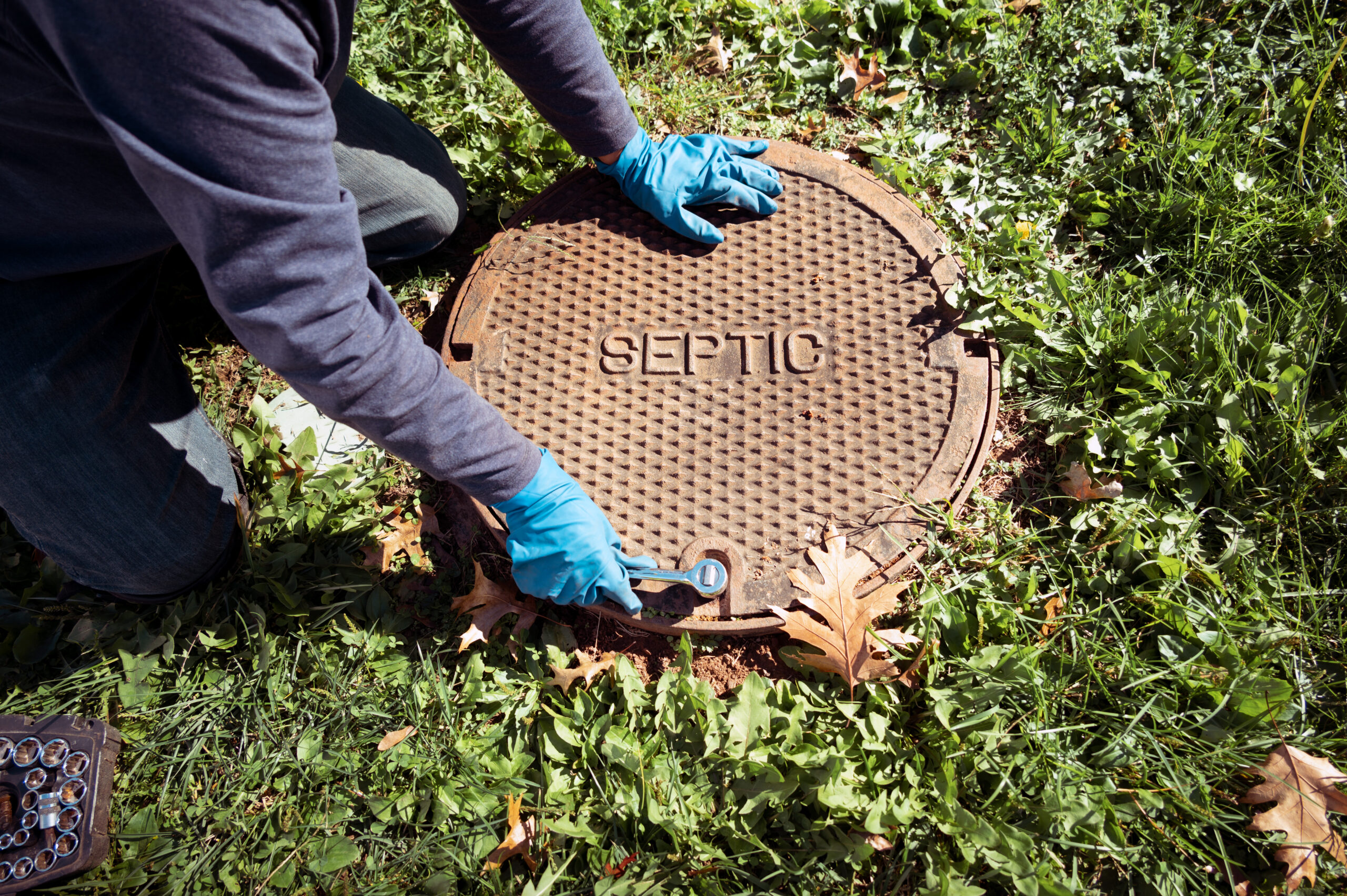 (412) 364-9114
(412) 364-9114

Maintaining your septic system might not be at the top of your to-do list—but it should be. After over 35 years serving families throughout the region, we’ve seen what happens when folks put off septic tank maintenance. The good news? Taking care of your system doesn’t have to be complicated.
So, how often does a septic tank need to be pumped? The straightforward answer is every 3 to 5 years for most homes, but your specific situation might call for a different schedule. Let’s walk through what you need to know to keep your system running smoothly.
Your septic tank is working behind the scenes every single day. It’s an underground chamber that collects and treats all the wastewater from your home—every shower, every load of laundry, every flush.
Here’s what happens inside that tank: solids sink to the bottom and form what we call sludge, while oils and fats float to the top as scum. The liquid wastewater in the middle flows out to your drain field, where the soil naturally filters it. It’s a pretty efficient system when it’s maintained properly.
The problem? Those sludge and scum layers keep building up. Without regular pumping, they’ll eventually overflow into your drain field, and that’s when you’re looking at serious damage and costly repairs.
What Determines Your Pumping Schedule?
While the 3-to-5-year guideline is solid for most households, several factors can shift that timeline:
Sometimes your septic system will tell you it needs help before that 3-to-5-year mark rolls around. Here are the red flags we want you to watch for:
You don’t have to wait for your next pumping to care for your septic system. Here are some simple habits that’ll keep things running smoothly:
Leave the Pumping to the Professionals
Septic tank pumping is one job that really needs professional equipment and expertise. Improper handling can lead to environmental contamination, personal injury, or damage to your system.
When you work with a licensed professional like our team at Terry’s Plumbing, you’re getting more than just a pump-out service. We’ll inspect your entire system, identify any potential problems, and make sure the waste is disposed of properly according to local regulations. We’ve got the equipment, the experience, and the know-how to do the job right the first time.
After we pump your tank, the waste heads to a treatment facility where it’s processed safely. Solids are separated from liquids, and everything is treated to minimize environmental impact. We work with facilities that follow environmentally responsible practices, so you can feel good about proper disposal.
Your septic system is out of sight, but it shouldn’t be out of mind. Regular pumping every 3 to 5 years, combined with smart daily habits, will keep your system functioning properly for decades to come. You’ll avoid expensive repairs, protect your property, and have peace of mind knowing your home’s wastewater is being handled safely.
Ready to schedule your septic tank pumping or inspection? The team at Terry’s Plumbing has been serving Northern Pittsburgh families since the 1980s, and we’re here to help you keep your septic system in top shape. Whether it’s time for routine maintenance or you’re experiencing warning signs, we’ve got the expertise and equipment to handle it right.
Call Terry’s Plumbing today or visit our website to schedule your septic tank service. We’ll take care of the dirty work so you don’t have to worry about it.